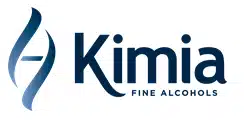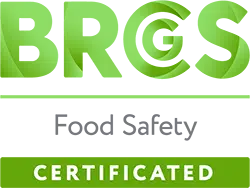Ethanol is one of the first-ever chemical processes known to humans, but it would take thousands of years for people to truly understand how it worked and create consistent processes for an ethanol supplier to produce and distribute it.
The first chemical biotechnology was the fermentation of sugars to make alcohol, which dates back 13,000 years with evidence of a brewery near Haifa in Israel.
Many ancient natural philosophers knew about wine being flammable, but despite advances in distillation technologies it would take until the ninth century AD for the first distillation techniques to be found.
Jābir ibn Ḥayyān, the author of several Arabic chemistry texts, would discover that adding salt to boiling wine would make it more flammable due to being more distilled.
This technique would be refined for 300 years until a technique involving fractional distillation developed by Taddeo Alderotti in the 13th century would create a 90 per cent pure ethanol distillation, with similar parallel techniques found in China and India around the same time.
The first person to create pure ethanol and isolate it from other impurities came from Johann Tobias Lowitz, a half-German, half-Russian chemist who in 1796 would use the partial purification techniques of the past, with anhydrous alkali before distilling it over a low heat.
This was the first pure ethanol, and soon after this chemists would discover and publish its chemical and structural formula, With Archibald Scott Couper’s groundbreaking work being one of the first structural formulas ever worked out.
The first synthetic ethanol was produced by accident by Michael Faraday, who used sulphuric acid to absorb coal gas (ethyl hydrogen sulphate), which was found by Henry Hennell and Georges-Simon Serullas could be decomposed into ethanol, in an early form of acid-catalysed hydration.










